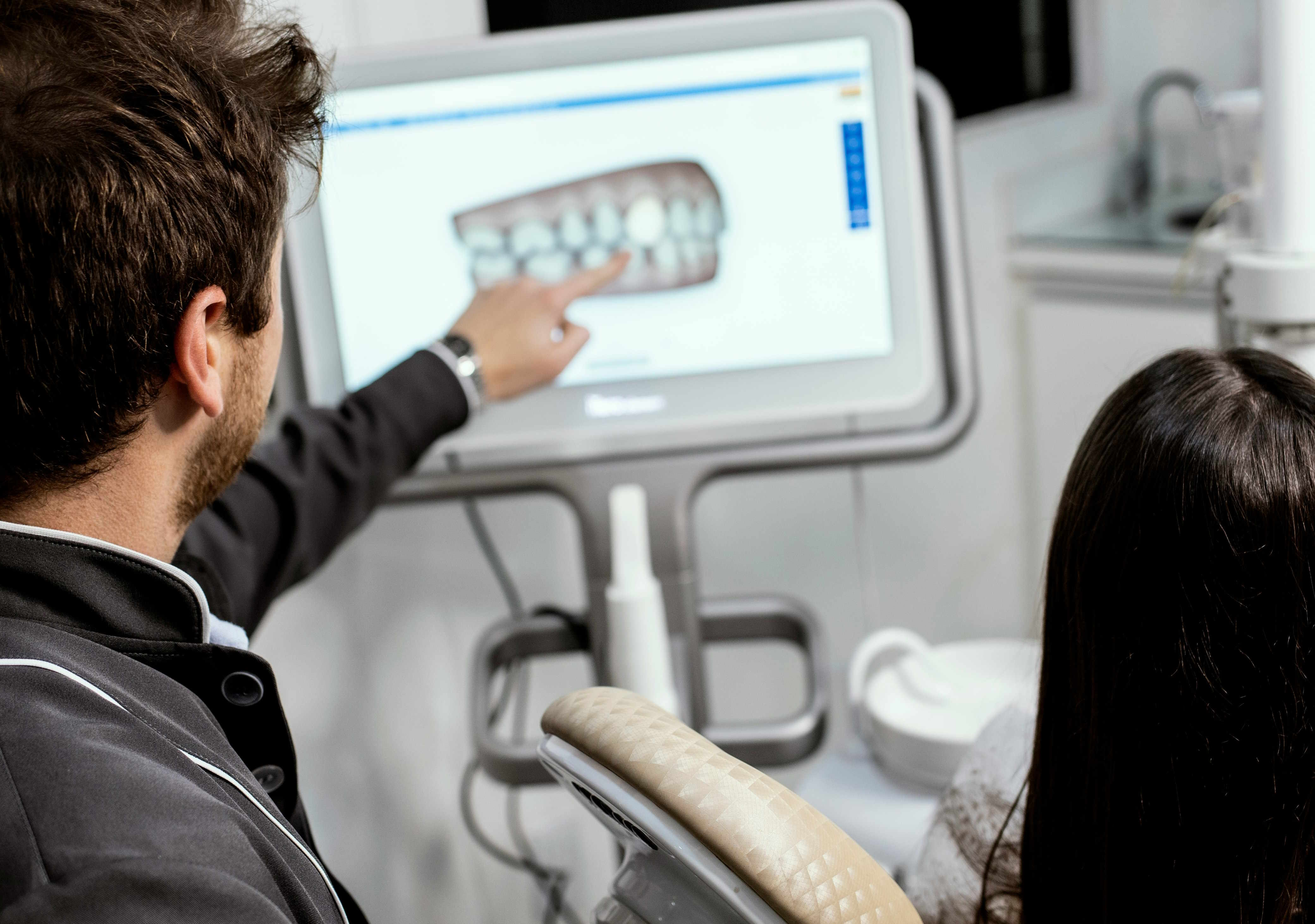Choosing a Senior-Friendly Dentist in 2025: What to Look For
Dental care becomes even more important as we age—but not every dentist is equipped to meet the unique needs of older adults. From managing dentures and dry mouth to treating gum disease or age-related tooth sensitivity, senior-friendly dentists specialize in providing gentle, personalized care. In 2025, the best dentists for seniors offer accessible offices, advanced technology, and compassionate communication tailored to aging patients. This guide will help you know what to look for when choosing a senior dentist, so you or your loved ones can maintain a healthy, confident smile well into the golden years.

What Makes a Dentist Truly Senior-Friendly?
A genuinely senior-friendly dentist goes beyond offering standard dental services. They understand the complex interplay between oral health and overall well-being in older adults. These dentists are well-versed in age-related dental issues such as dry mouth, gum disease, and tooth loss. They also recognize the importance of gentle care and patience when treating seniors who may have mobility issues or cognitive impairments.
Senior-friendly dentists prioritize clear communication, taking the time to explain procedures and treatment options in easy-to-understand terms. They’re also familiar with common medications that seniors take and how these might impact dental treatments. Additionally, they work closely with other healthcare providers to ensure comprehensive care for their older patients.
Which Special Services Should Senior Dental Practices Offer?
Senior dental practices should offer a range of specialized services tailored to the needs of older adults. These may include:
-
Denture services: Fitting, adjusting, and repairing dentures to ensure optimal comfort and functionality.
-
Implant dentistry: Providing dental implants as a long-term solution for missing teeth.
-
Periodontal care: Offering advanced treatments for gum disease, which is more common in seniors.
-
Oral cancer screenings: Conducting regular screenings as part of routine check-ups.
-
Medication management: Advising on how medications may affect oral health and adjusting treatments accordingly.
-
Preventive care: Focusing on preventing dental issues through regular cleanings and education.
How Important is Office Accessibility and Comfort?
Office accessibility and comfort are paramount when choosing a senior-friendly dentist. The ideal dental practice should have:
-
Wheelchair-accessible entrances and treatment rooms
-
Wide doorways and hallways for easy navigation
-
Comfortable seating in waiting areas with supportive chairs
-
Good lighting to prevent falls and aid visibility
-
Clear signage and easy-to-read materials
-
Restrooms equipped with safety features like grab bars
Comfort extends beyond physical amenities. A truly senior-friendly office creates a welcoming atmosphere with staff trained to assist older patients with empathy and patience. Some practices may offer longer appointment times to accommodate seniors who need extra time or breaks during procedures.
What Should You Ask During the Initial Consultation?
The initial consultation is an opportunity to assess whether a dentist is the right fit for a senior patient. Here are some key questions to ask:
-
How much experience do you have treating older patients?
-
Are you familiar with common health conditions that affect seniors and their impact on dental care?
-
Do you offer sedation options for patients with anxiety or special needs?
-
How do you accommodate patients with mobility issues or cognitive impairments?
-
Can you explain how you coordinate care with other healthcare providers?
-
What emergency services do you provide, and how quickly can you see patients for urgent issues?
-
Do you accept Medicare or offer payment plans for services not covered by insurance?
What Are the Latest Technologies Benefiting Senior Dental Care?
Advancements in dental technology have significantly improved care for seniors. Some of the latest innovations include:
-
Digital x-rays: Providing clearer images with less radiation exposure.
-
3D printing: Creating precise dentures and implants more quickly and accurately.
-
Intraoral cameras: Allowing dentists to show patients detailed images of their oral health.
-
Laser dentistry: Offering less invasive treatments for gum disease and other issues.
-
Computer-aided design and manufacturing (CAD/CAM): Producing same-day crowns and restorations.
-
Teledentistry: Enabling remote consultations and follow-ups for patients with limited mobility.
When selecting a senior-friendly dentist, inquire about which of these technologies they use and how they benefit older patients specifically.
As we look towards dental care in 2025, the integration of these technologies with compassionate, specialized care for seniors will be crucial. By considering factors such as expertise in geriatric dentistry, specialized services, office accessibility, and technological advancements, seniors and their caregivers can make informed decisions when choosing a dental practice. Remember that the ideal senior-friendly dentist combines clinical excellence with a deep understanding of the unique needs of older adults, ensuring comfortable and effective dental care throughout the golden years.
This article is for informational purposes only and should not be considered medical advice. Please consult a qualified healthcare professional for personalized guidance and treatment.




